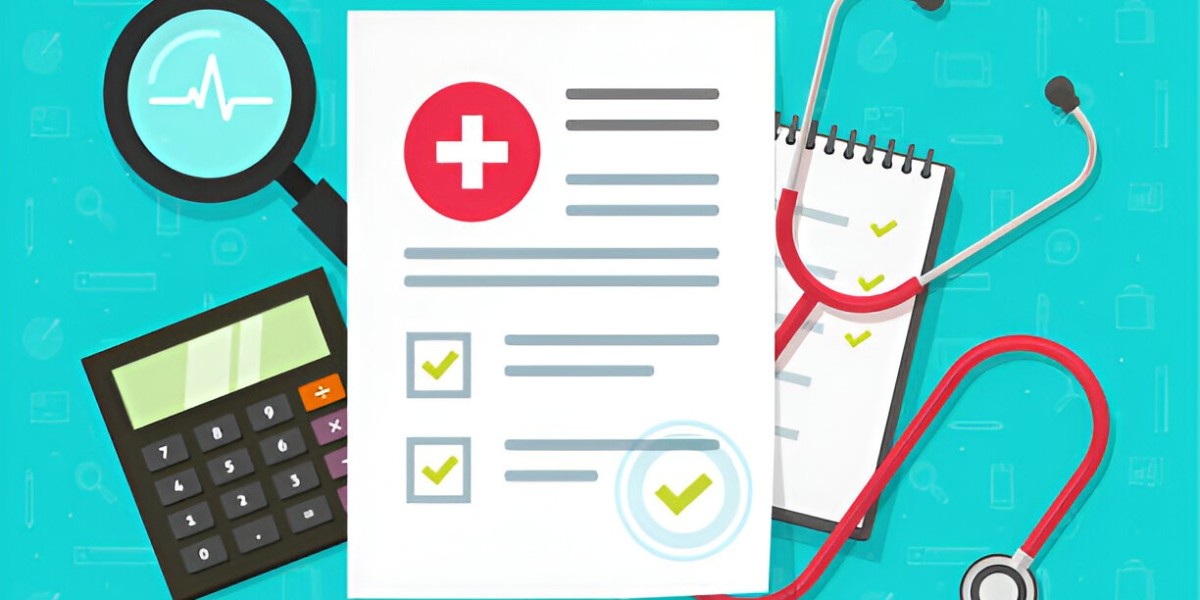The Evolution of Medical Billing in Michigan and Georgia
Medical billing, once a paper-heavy and highly manual process, has dramatically evolved in recent decades—especially in states like Michigan and Georgia. With each state's unique demographic, regulatory, and healthcare system characteristics, the journey of medical billing has taken different paths while also aligning with national trends in automation, compliance, and value-based care.
1. A Brief History of Medical Billing in the U.S.
Medical billing originated in the early 20th century, when handwritten ledgers recorded patient visits and payments. By the 1960s, with the advent of Medicare and Medicaid, billing processes began to formalize. States had to comply with federal programs and were encouraged to professionalize billing to prevent fraud, ensure accuracy, and improve reimbursement.
2. Early Challenges in Michigan and Georgia
Michigan
Industrial Workforce: With a large working-class population (especially in cities like Detroit and Flint), Michigan experienced early growth in employer-sponsored health insurance. This required billing systems to keep up with complex insurance structures and workers' compensation plans.
Auto Insurance Impact: Michigan's no-fault auto insurance system brought unique challenges, requiring providers to bill auto insurers for accident-related medical services.
Georgia
Rural-Urban Divide: Georgia faced hurdles in aligning billing practices between urban medical centers (like Atlanta) and rural health providers with fewer resources and infrastructure.
Medicaid Expansion: Georgia initially chose not to expand Medicaid under the Affordable Care Act, which affected how billing services managed uninsured and underinsured populations.
3. Regulatory Shifts and Their Impact
HIPAA and Standardization
Both Michigan and Georgia adapted to HIPAA regulations in the early 2000s, mandating secure electronic transmission of medical data. This led to:
Widespread adoption of Electronic Health Records (EHRs)
Use of standardized CPT, ICD, and HCPCS codes
Data encryption and secure claims processing
Affordable Care Act (ACA)
Michigan opted to expand Medicaid, increasing the number of insured patients and putting pressure on billing systems to process higher volumes.
Georgia's delay in expansion meant more reliance on charity care and complex self-pay billing models.
4. The Role of Technology in Billing Evolution
EHR and Practice Management Systems
Both states saw increased adoption of platforms like Epic, Cerner, and Athenahealth to streamline documentation and automate billing workflows.
Clearinghouses and Automation
Outsourced billing services and clearinghouses became common, especially among smaller practices. Key trends included:
Automated eligibility checks
Real-time claim scrubbing
Batch claims submission
Analytics dashboards for AR follow-up
Telehealth and Billing
During COVID-19, Michigan and Georgia rapidly adopted telehealth billing, guided by evolving CMS rules. Providers had to adapt to billing for:
Virtual visits
Remote patient monitoring
Behavioral health via telemedicine
5. Credentialing and Compliance Trends
With payer requirements becoming more stringent, insurance credentialing services became integral to the billing process.
In Michigan, provider enrollment with Medicaid and auto insurance carriers required detailed credentialing to avoid claim denials.
In Georgia, private payers tightened credentialing rules, necessitating continuous updates and revalidations.
Credentialing platforms and services have grown in popularity, especially among multi-specialty groups and solo practitioners who can’t afford to lose revenue due to credentialing delays.
6. Modern-Day Billing Challenges
Michigan
Auto Reform Law (2019) limited reimbursements for accident-related treatments, slashing provider payments and complicating billing.
High union and labor influence necessitate accurate workers’ compensation billing practices.
Georgia
Hospital Consolidations have shifted billing to centralized systems, sometimes causing delays or miscommunications.
High rate of self-pay and underinsured patients, especially in rural areas, increases the complexity of collections and coding strategies.
7. Outsourcing and Specialization
Both states have embraced outsourced medical billing services in Georgia and Michigan as a strategic move to:
Improve reimbursement rates
Ensure timely filing and appeals
Handle complex payer rules
Minimize compliance risks
Billing companies specializing in mental health, physical therapy, urgent care, and orthopedics are seeing increased demand across both states.
8. Future Trends in Michigan and Georgia
Value-Based Care
Both Michigan and Georgia are transitioning toward value-based care models, which tie reimbursement to quality outcomes rather than volume of services. This demands:
Advanced analytics
Bundled payment billing strategies
Comprehensive documentation
AI-Powered Coding and Denial Management
Artificial Intelligence (AI) and Machine Learning (ML) are expected to reshape:
Predictive analytics for denial trends
Auto-coding based on EHR notes
Prior authorization tracking
Focus on Patient-Centered Billing
To improve collections and satisfaction, both states are encouraging:
Transparent patient estimates
Digital payment portals
Mobile-friendly billing reminders
Conclusion
The evolution of medical billing services in Michigan and Georgia reflects broader national shifts while addressing local nuances—like auto insurance laws in Michigan and rural health disparities in Georgia. From handwritten ledgers to AI-driven systems, billing services have come a long way.
As both states continue to adapt to regulatory, technological, and economic pressures, staying ahead in billing requires:
Investing in smart billing software
Partnering with experienced medical billing and credentialing services
Training staff on coding, compliance, and payer updates
For healthcare providers in Michigan and Georgia, effective billing isn’t just about getting paid—it’s about thriving in an increasingly complex and competitive healthcare landscape.







